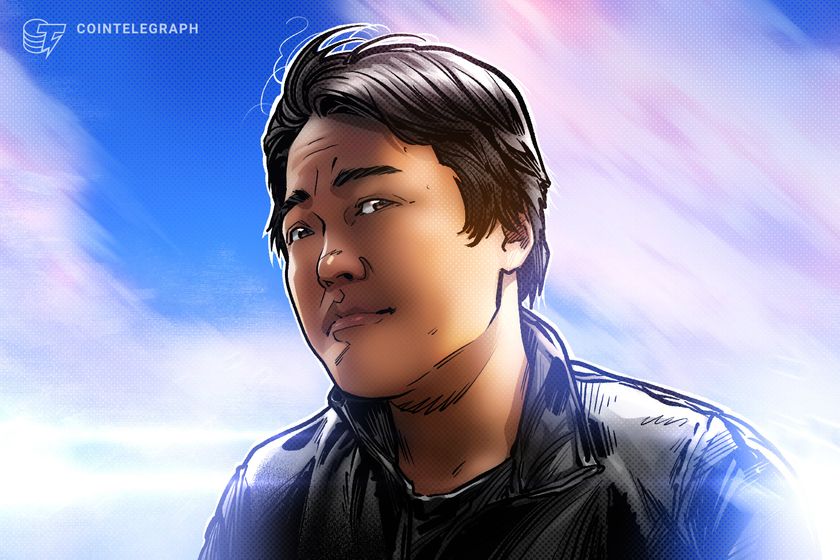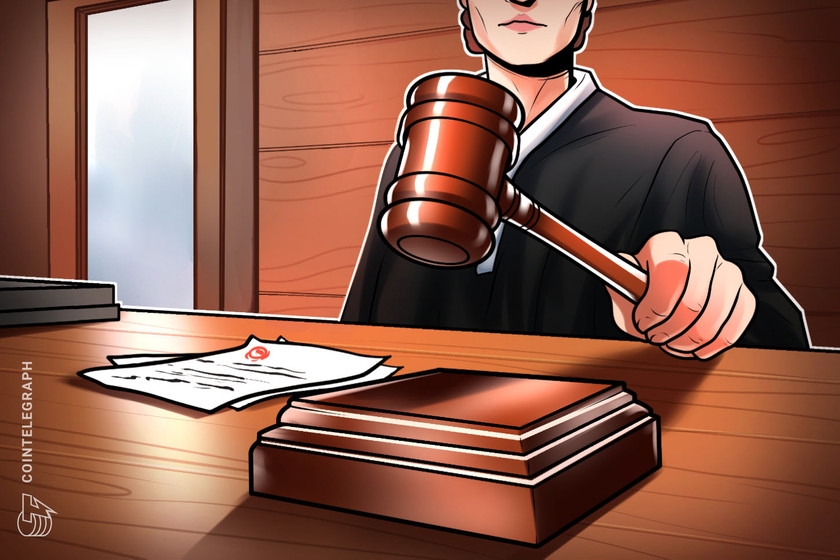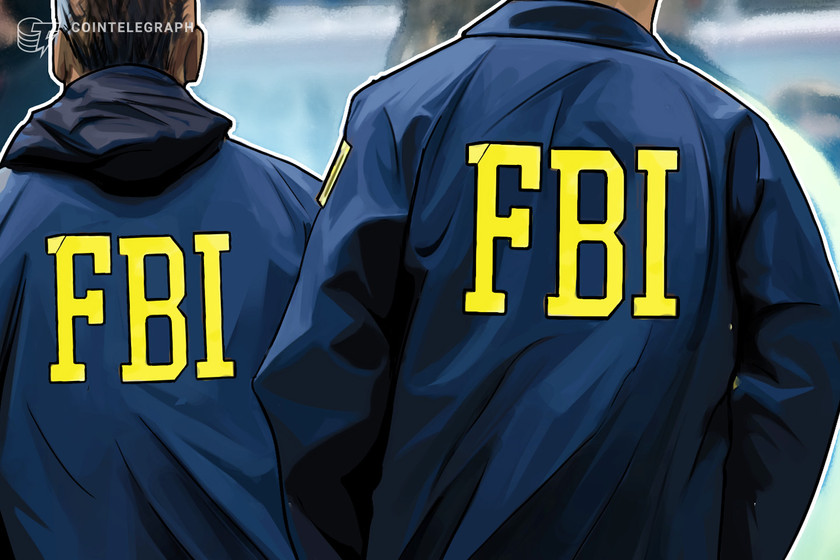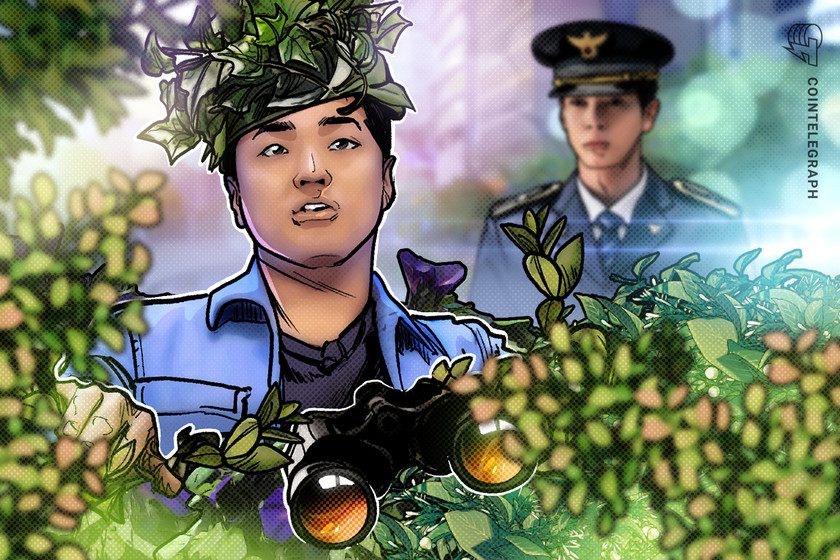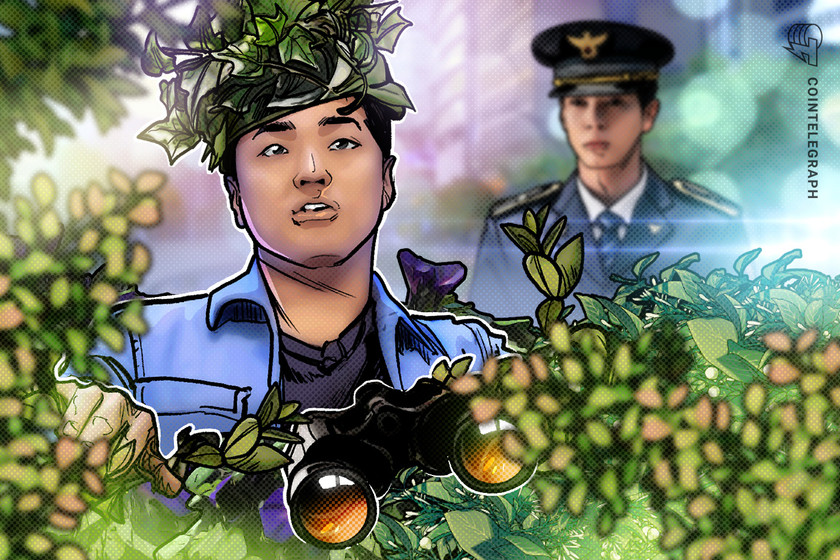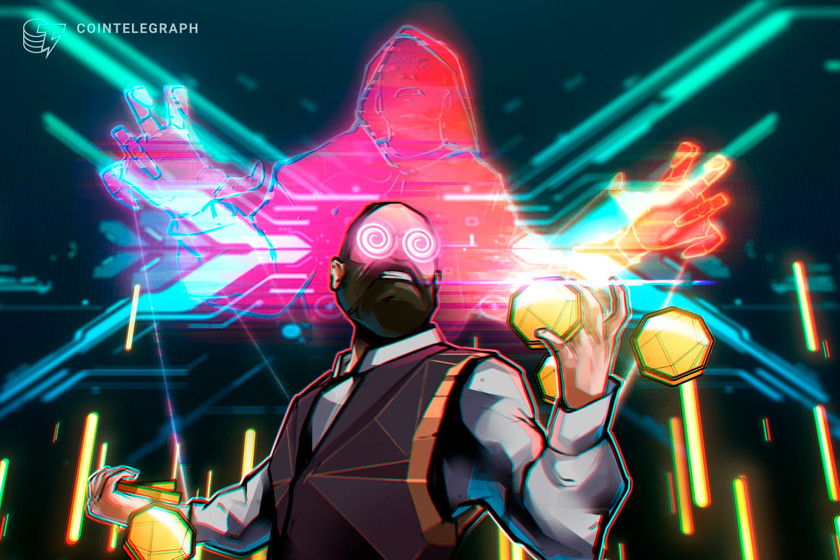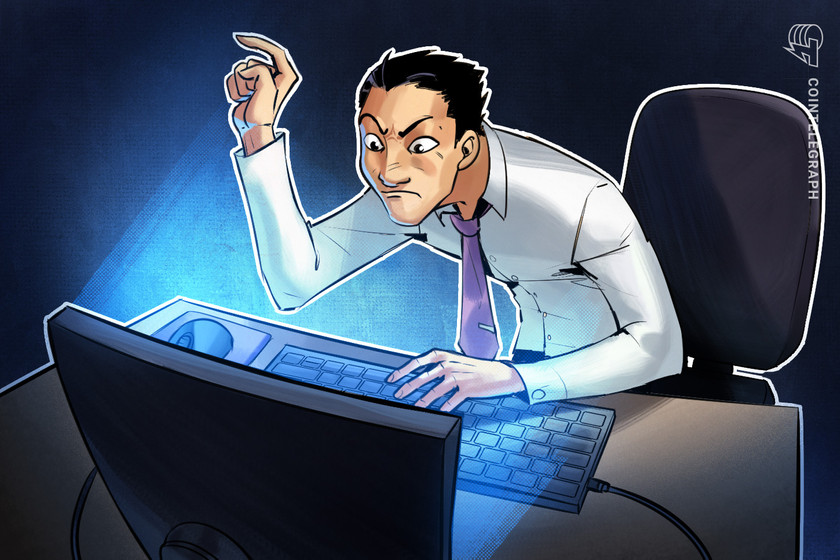Terraform’s Do Kwon mounts last-ditch effort to avoid extradition: Report


Lawyers for Terraform Labs co-founder Do Kwon have mounted a final attempt to appeal his extradition from Montenegro.
Terraform Labs co-founder Do Kwon has launched his final attempt to appeal a Montenegrin court’s decision that could see him extradited from the country.
In a Dec. 6 report, local state media stated that lawyers for Kwon had officially appealed the Nov. 24 decision from the High Court of Podgorica, which approved that Kwon could be extradited to either the United States or South Korea pending a final decision by the Montenegrin Ministry of Justice.
The Ministry of Justice will now consider the appeal and reexamine the initial extradition order and is currently slated to make a final decision on the matter by Dec. 15.

